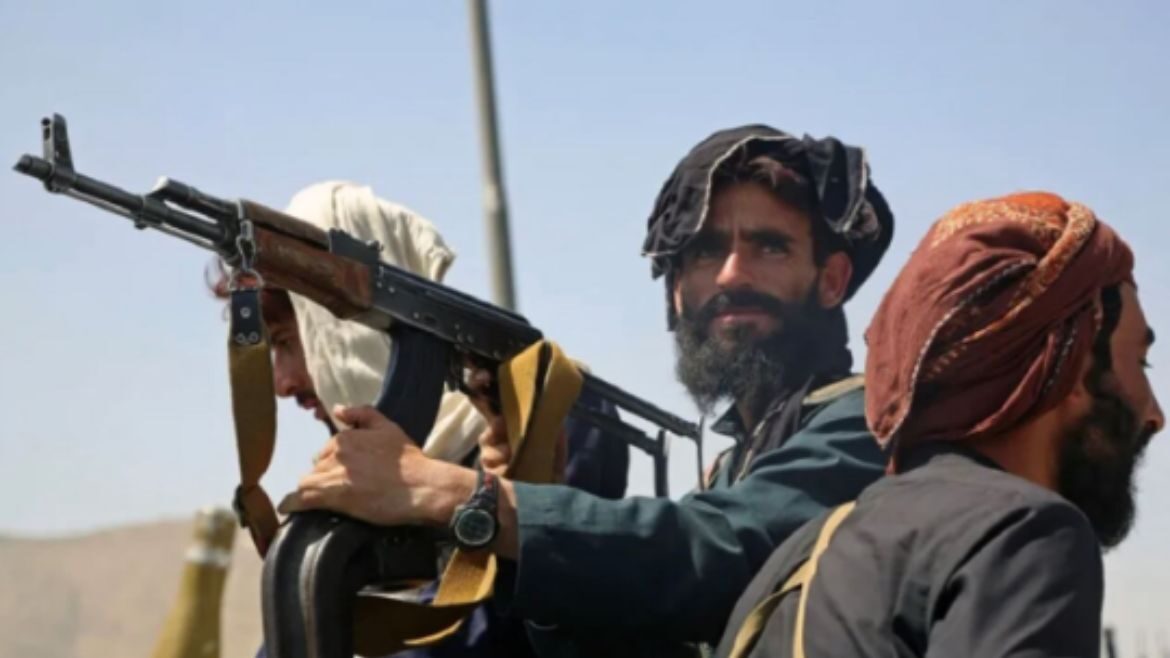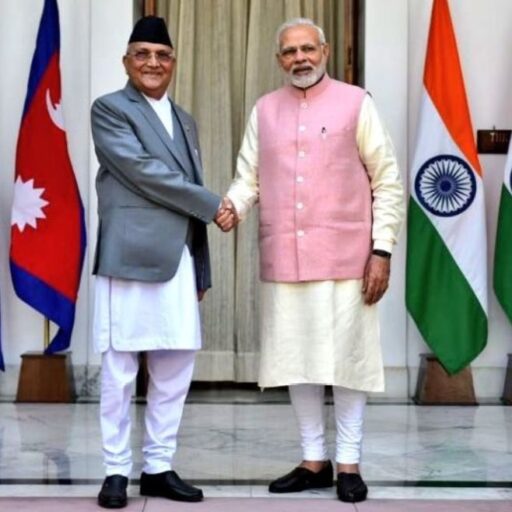The international community is disturbed by the return of the Taliban in Afghanistan. There is considerable introspection in the United States on the speed and the tactics deployed during the withdrawal of the defense forces.
Meanwhile, in South and Central Asia, there are concerns about possible negative impact on regional security due to the ascendance of the Taliban. On the other hand, there is a triumphant mood among the rank and file of the Taliban over the ease with which they took over Afghanistan.
However, there have been protests in Kabul and many other Afghan cities against the Taliban. Ahmad Massoud, son of Ahmad Shah Massoud, announced the “National Resistance Front” and recaptured a few districts in Baghlan province. In response, the Taliban deployed troops near the Panjshir Valley, which suggests that complete military victory often tends to be elusive in countries such as Afghanistan.
Asserting military control on a geographic space is different from governing a society. Like other countries in South Asia, Afghanistan is ethnically diverse. Governing Afghanistan demands inclusive identity/ideological frameworks. Instead of embracing ethnic diversity, the Taliban view it as a source of instability.
The Taliban’s appointment of commanders belonging to various ethnic groups is more nominal than substantive. Moreover, there is an opinion among the Taliban that since their rigorous commitment to religious precepts was instrumental in ensuring an easy victory, it is incumbent on them to govern the country based on their extremist religious views. The Taliban assume that their interpretation of religion is sufficient to bring stability to the country.
The emphasis on religion to seek political legitimacy is not surprising, given that Pakistan mentored the Taliban. However, such reliance on religion laid the foundations for the bifurcation of Pakistan based on cultural/linguistic identity and the emergence of Bangladesh. An over-emphasis on religion and neglect of broader national identity by the Taliban may have a deleterious impact on Afghanistan.
It is possible to argue that the mujahideen, and subsequently the Taliban, have successfully contested with external powers such as the erstwhile Soviet Union and the US, which indicates their nationalist credentials. However, fending off external challenges may be premised on dislike of the “enemy.”
On the other hand, creating institutional frameworks and power-sharing agreements to govern a country requires a mature nationalistic framework that can handle diversity and safeguard national interests beyond geographical sovereignty.
It can be contended that the Taliban indulge in religious nationalism. However, there seems to be more religion and less nationalism in the Taliban’s political articulations.
The late historian Benedict Anderson argued that nation-states may not have existed a thousand years ago, but nationalists often claim that their nation has had continuous presence from antiquity.
The Taliban are not even interested in the creative reinterpretation of history to trace the origins of Afghanistan from antiquity. Instead, the Taliban obliterated ancient artifacts such as the Bamiyan Buddhas with artillery and dynamite.
There are renewed concerns about the possible destruction of cultural artifacts at the Kabul Museum. Since the Taliban use only religion to gain legitimacy to govern, the alleged violation of religious precepts invites public spectacles of extremely violent punishments.
Further, sustained emphasis on religion undermines the uniqueness of Afghan identity. The Taliban hosted al-Qaeda not merely because of ideological congruence but also because of their weak nationalistic frameworks and commitment to transnational religious identities. Their conduct in the recent past has not provided any evidence that the Taliban are in search of a new identity.
Moreover, for almost three decades, Pakistan nurtured the Taliban, which also received support from other international actors with similar commitments to religious extremism. So the Taliban themselves are a transnational project, and to assume that they will dilute their transnational commitments to al-Qaeda or similar organizations may be erroneous.
The weak nationalistic framework, perhaps, was also the reason for the disintegration of the Afghan government forces, as there was no emotional glue that held the political frameworks together.
The regimes of former president Hamid Karzai and Ashraf Ghani were criticized for rampant corruption, and the Kabul elite was censured for not engaging with ordinary masses in the provinces. It is essential to consider whether such failure to engage with commoners on an emotional plane is due to an inability to conceptualize a cultural project of building a strong nation.
The US could not promote nationalist frameworks in Afghanistan as it is a foreign power. The US-supported governments in Kabul have not worked on such inclusive cultural projects.
For more than two decades, the US poured billions of dollars into Afghanistan’s reconstruction. And yet, immediately after the withdrawal, the American-supported institutional frameworks quickly collapsed, as there was no genuine ownership.
Sustainable institutional frameworks are a consequence of emotional investments and meanings people attach to various political institutions. The Afghan experience demonstrates the limits of state-building in the absence of nation-building.
What is often not recognized, Georgian political analyst Ghia Nodia notes, is that democracy requires nationalism as a foundation. Democracy is not a process where random people without any affiliations cast their votes. If the people have to participate in a democratic framework, then the electorate should be clearly demarcated.
As Nodia asserts, to define an electorate, there is a need to define “we the people,” and that “we” stems from nationalism.
The moment the concept of nationalism is deployed, it raises red flags, as it is often associated with the violent phase that Europe endured during World War II. However, in ethnically diverse non-Western societies, nationalism enables, to borrow English academic James Mayall’s phrase, “the transcendence of parochial loyalties.”
In everyday politics, nationalism needs to find the right balance. If there is excessive emphasis on nationalism, then it will constrain space for various other identities. On the other hand, if political players completely disregard nationalism, then, as in the case of Afghanistan, political forces with transnational commitments such as the Taliban will come to power.
In Afghanistan, political stability will be contingent on invoking a national identity that simultaneously enables the transcendence of parochial loyalties and celebrates ethnic diversity. The Taliban are eminently unsuited to meet such a challenge.










